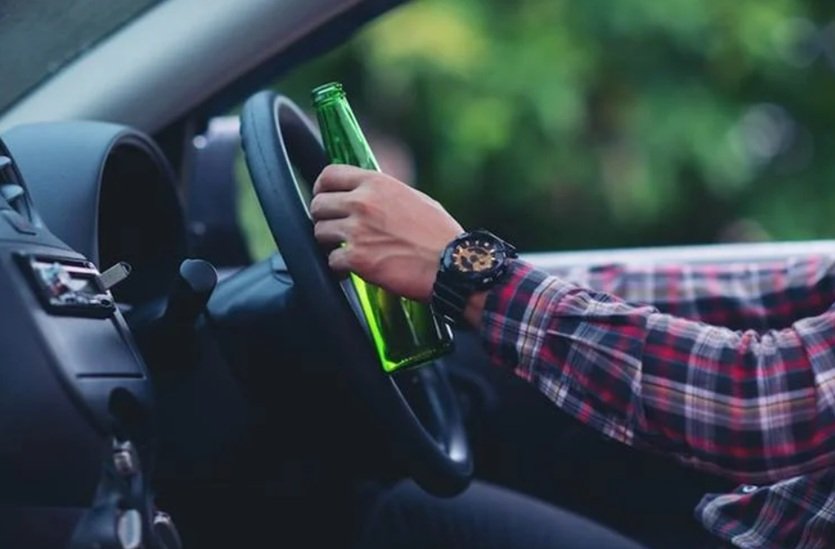
Factors That Affect the Outcome of Drunk Driving Accident Lawsuits
Drunk driving accidents are heartbreaking. They can change lives in just a few seconds. Whether it’s serious injuries or the tragic loss of life, the aftermath is often filled with confusion, pain, and questions about what happens next. When these accidents lead to lawsuits, many people wonder what actually determines the outcome in court.
Legal representation in DUI cases is an important factor that can significantly impact the outcome of a case. Having a skilled lawyer who understands the process can make a big difference. They know how to handle evidence, speak to insurance companies, and represent your side in court. It’s not just about what happened at the scene — it’s also about how the case is handled afterward.
Evidence Collected at the Scene
One of the biggest pieces of the puzzle is the evidence collected when the accident happened. This includes police reports, photographs, witness statements, and videos if available. It also includes the driver’s blood alcohol concentration (BAC) levels. A BAC of 0.08% or higher is typically considered legally drunk in most states.
If this evidence clearly shows that one driver was under the influence and caused the crash, the case becomes much stronger for the victim. On the flip side, if evidence is missing or unclear, the outcome might be less certain.
Severity of Injuries and Damages
The seriousness of the injuries plays a huge role. Courts look at medical reports, treatment costs, future care needs, lost wages, and how the injuries have affected someone’s life. The more severe the injuries, the higher the possible compensation. Emotional distress, pain and suffering, and reduced quality of life are also considered.
Property damage, like the cost to repair or replace a vehicle, is factored in too. All of these elements can affect the settlement or court ruling.
Driver’s History and Behavior
The driver’s past matters. If the person who caused the crash has a history of DUI charges or reckless driving, that will likely work against them in court. It shows a pattern of dangerous behavior.
On the other hand, if it was their first offense and they’re cooperating, that might influence the judge or jury differently. Still, drunk driving is taken very seriously, and repeat offenders often face tougher penalties.
State Laws and Legal Process
Laws vary from state to state. Some states allow for punitive damages in drunk driving cases — these are extra payments meant to punish the wrongdoer. Other states may have “no-fault” rules that affect how much you can claim.
How the legal process is handled also matters. Deadlines for filing a lawsuit, how evidence is submitted, and even which judge or jury hears the case can all play a part in the final result.
Insurance Coverage
Believe it or not, insurance plays a big role. If the drunk driver has good coverage, victims may be able to recover more damages through a settlement. But if the driver is uninsured or underinsured, things can get tricky. Sometimes victims must turn to their own insurance policies or file a lawsuit to seek proper compensation.
Quality of Legal Representation
Navigating a DUI accident case is not something most people can do alone. A strong legal team can gather evidence, talk to experts, negotiate settlements, and, if needed, fight for your rights in court. A well-prepared lawyer can help turn a complicated situation into a more manageable one.
Final Thoughts
Every drunk driving accident lawsuit is different, but many follow the same path when it comes to what affects the outcome. From the evidence at the scene to the experience of the lawyer handling the case, each detail can make a big difference.
If you or someone you love has been involved in a DUI accident, don’t wait too long to take action. Knowing what to expect and getting the right help can bring clarity — and possibly justice — during a difficult time.


